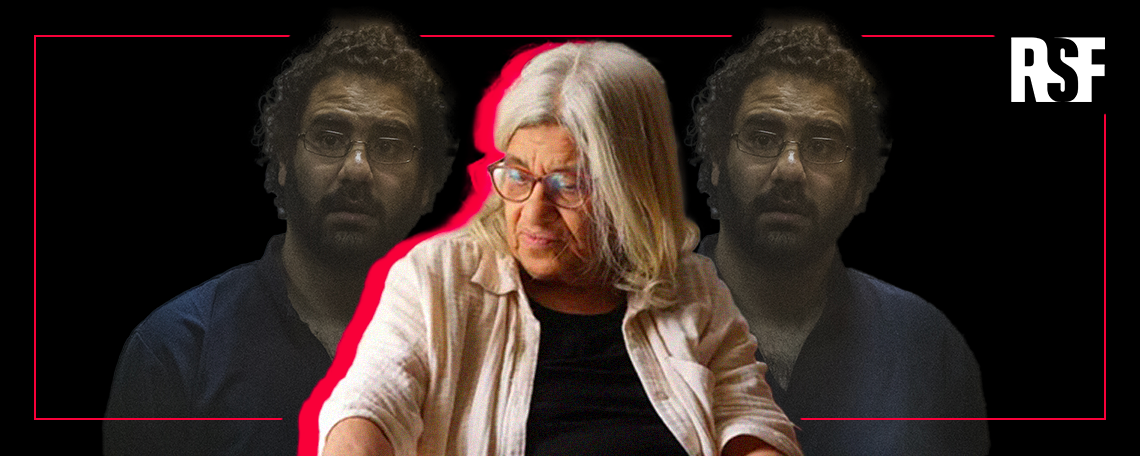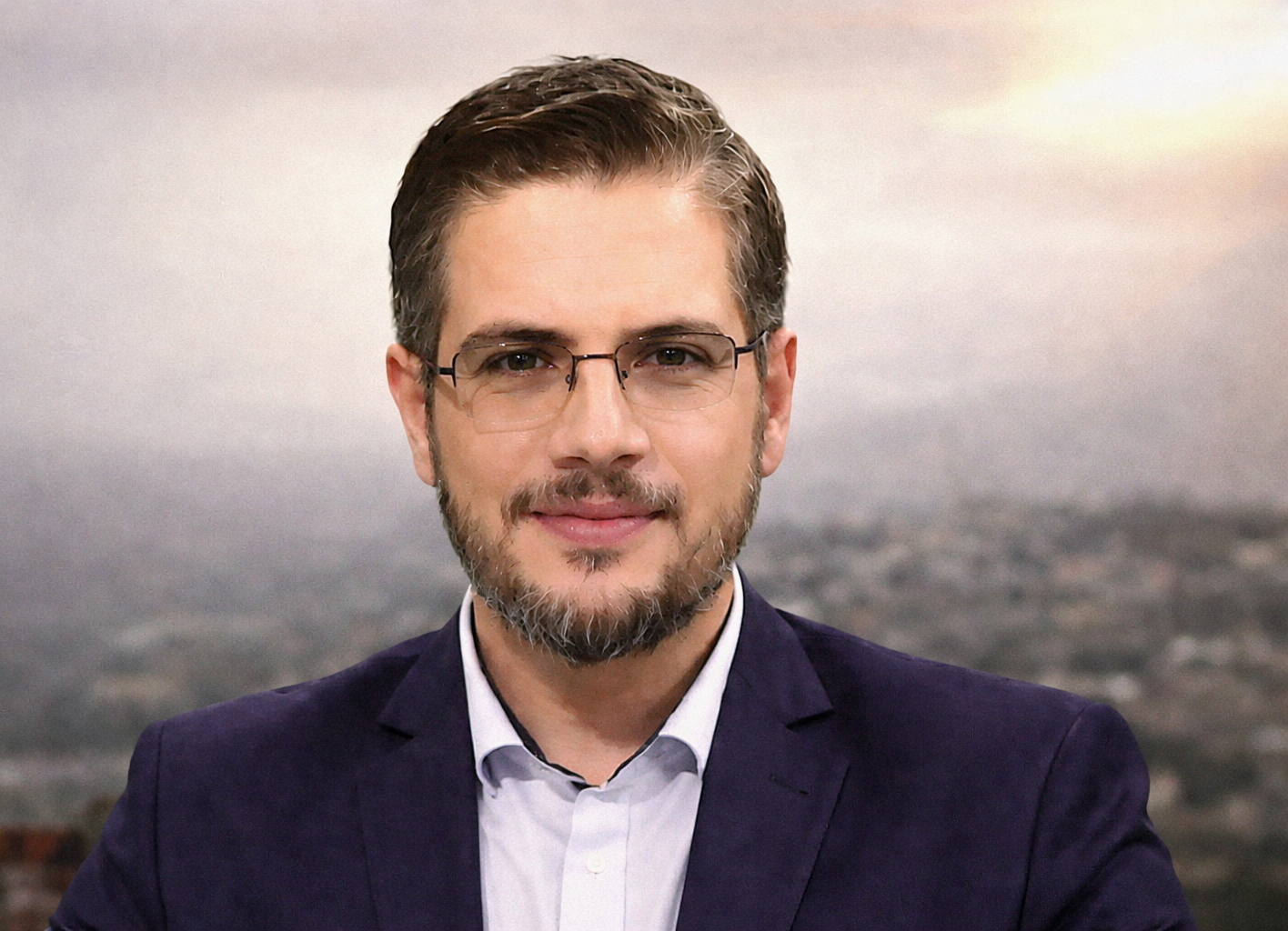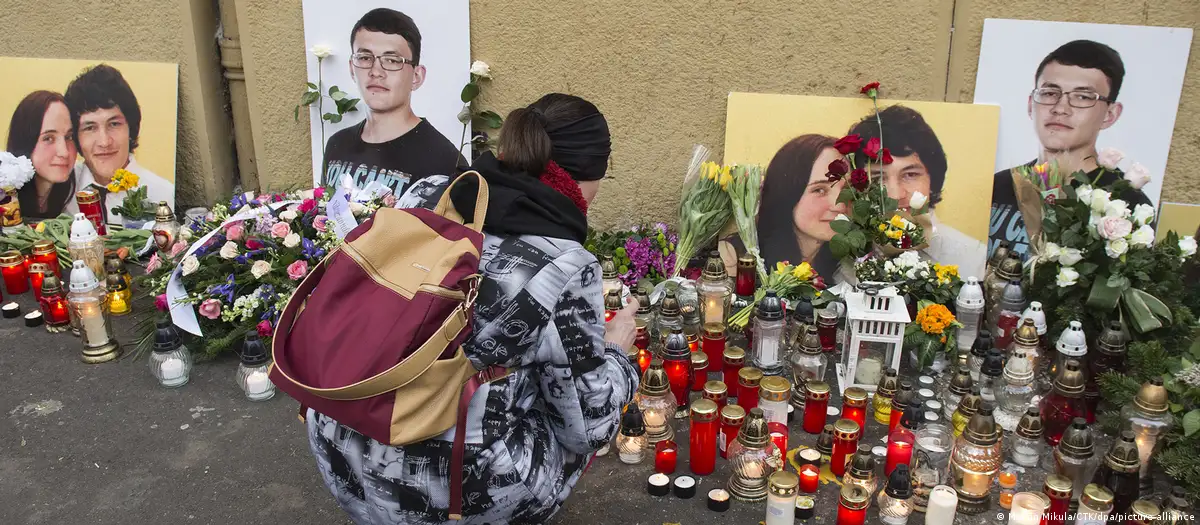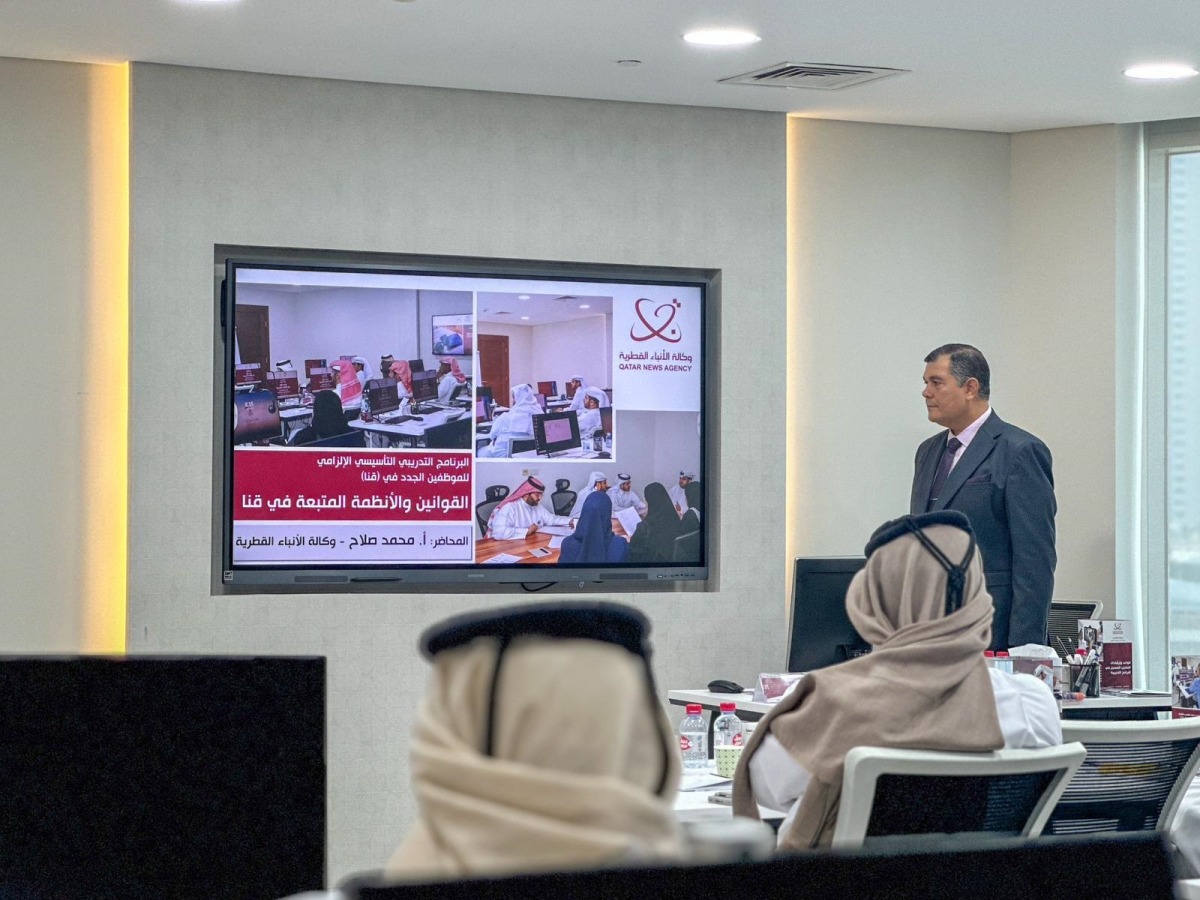
122 Journalists Killed in 2024: A Grim Record for Global Press Freedom
January 7, 2025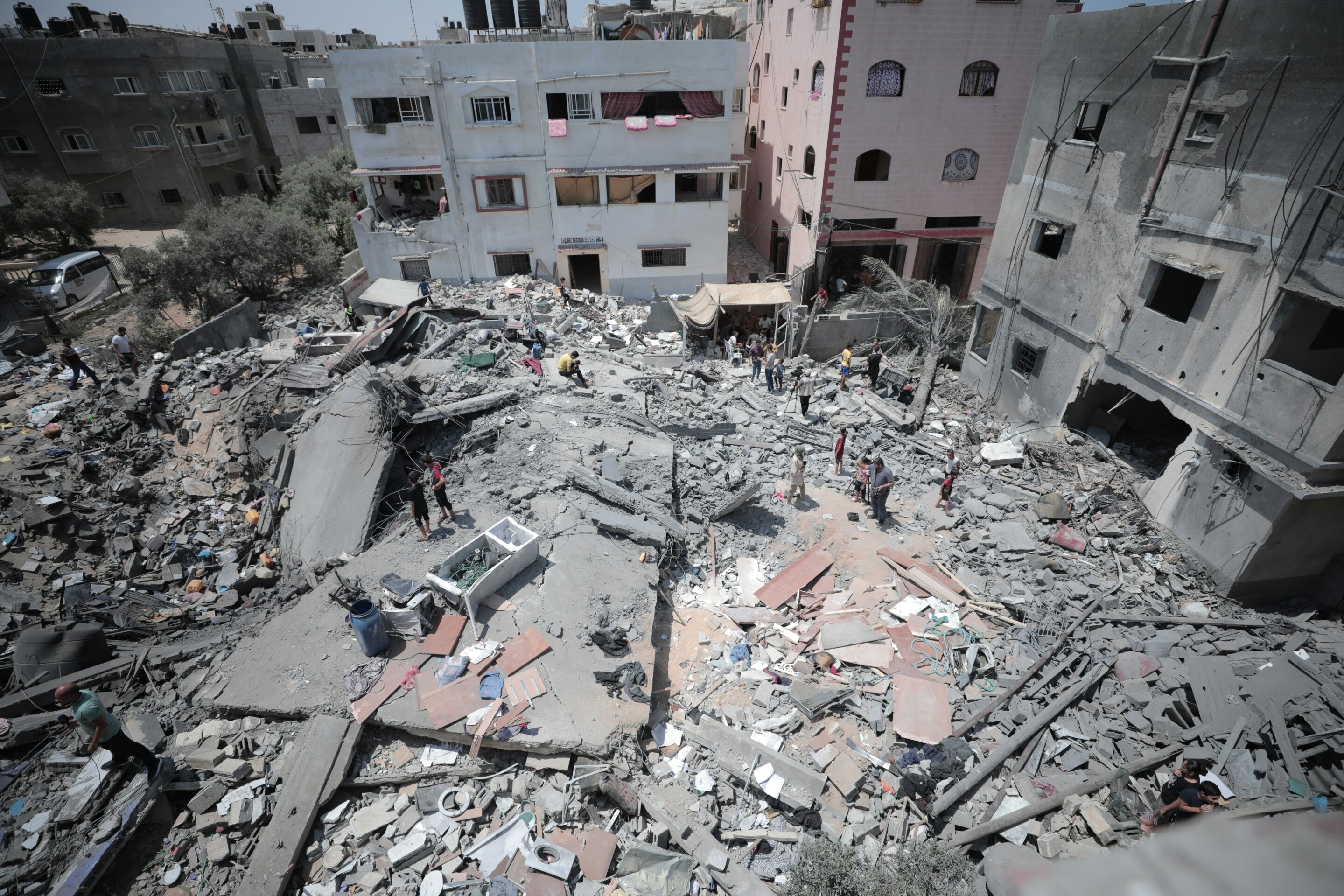
“Journalism Is Collapsing”: Record Journalist Deaths Expose Global Legal Failure
January 7, 2025January 07, 2025 – UK/Egypt –
Reporters Without Borders (RSF) has issued an urgent call for the immediate and unconditional release of Egyptian-British activist and writer Alaa Abdel Fattah, whose continued imprisonment has sparked global concern. At the same time, his mother, academic and activist Laila Soueif, has completed 100 days on hunger strike, intensifying pressure on Egyptian authorities and drawing renewed international scrutiny.
Alaa Abdel Fattah, a leading voice of Egypt’s 2011 revolution, was sentenced to five years in prison in 2021 for allegedly “spreading false news.” Although his sentence officially expired in September 2024, Egyptian authorities have refused to release him, arguing that his pre-trial detention period should not be counted. Human rights groups and legal experts have denounced this as a clear violation of Egyptian law and international standards.
Now on his hunger strike, which has reportedly surpassed 100 days, Alaa’s health is believed to be in serious decline. His mother, Laila Soueif, who began her hunger strike on September 30, 2024, to protest his continued detention, has already surpassed 260 days without solid food and is now hospitalized. Doctors have expressed grave concerns over her deteriorating condition, warning of potential organ failure.
RSF described the situation as “a humanitarian emergency,” calling both detentions unlawful and warning that Egypt is failing to uphold even its legal system. The United Nations Working Group on Arbitrary Detention previously deemed Alaa’s imprisonment as arbitrary and illegal. Despite renewed pledges from UK officials, including Prime Minister Keir Starmer and Foreign Secretary David Lammy, little progress has been made toward securing his release.
Both Alaa and Laila have become powerful symbols of Egypt’s broader repression of dissent and press freedom. Their case underscores the urgent need for Egypt to respect its legal commitments, ensure the humane treatment of detainees, and stop using prolonged detentions to silence critics.
Without immediate action, observers warn, Egypt risks not only a humanitarian tragedy but also deeper international isolation and condemnation.
Reference –

